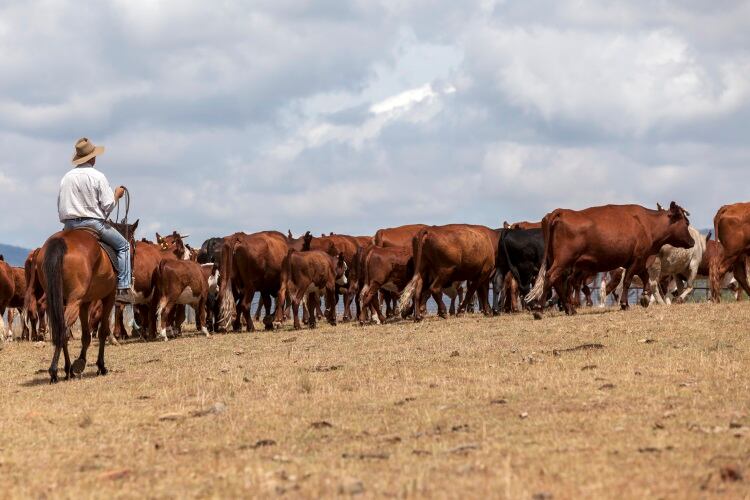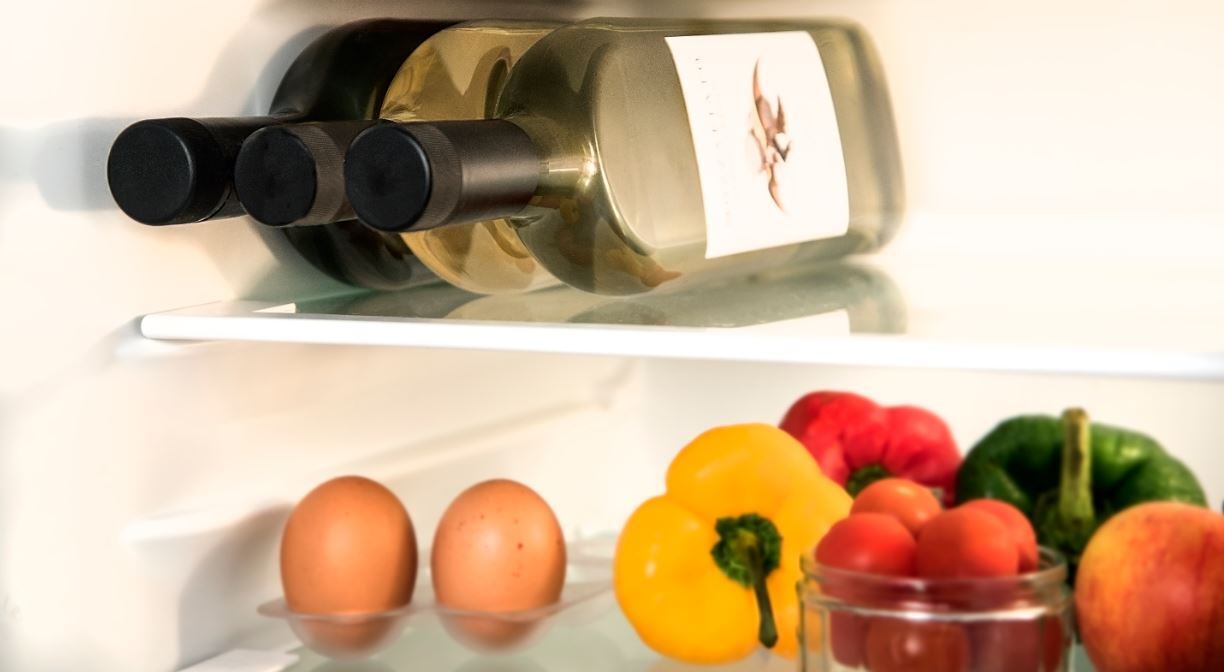Rumours have run rife in the industry about how Australia’s call for an international investigation into the origins of COVID-19 resulted in retaliatory responses by China, most notably by slapping an 80% tariff on barley imports as well as banning meat imports from four of Australia’s largest meat processors.
This was viewed as ‘comebacks’ and ‘trade retaliation’, but trade consultants in Australia have argued that this may not be the case.
“Given the current political climate, it is easy to say one party felt attacked and took action [to retaliate] but in fact, if you take a closer look at it, COVID-19 is unlikely to be the sole reason or main motivating factor behind such major trade moves, there are definitely other driving forces behind it,” trade policy consultancy ITS Global Director and international trade expert Jon Berry told FoodNavigator-Asia.
“The case of the meat/beef bans were due to technical export issues including the incorrect labelling of cartons, hormone growth promotant (HGP) status, and animal health certificates – and in fact, this suspension is nothing new. Back in 2017, some of the same meat processors also got banned for three months due to labelling issues.
“As for the barley tariff, this was the result of what we call an anti-dumping investigation, which is generally linked to domestic interests. So it’s far more likely that China is looking to protect its local producers, and remedy any perceived damage caused by barley imports with this tariff.”
ITS Global public policy advisor Khalil Hegarty added that these trade disruptions are much more common than one would expect.
“Trade disruptions are really very common, especially in dairy, and if not for the COVID-19 situation and the call for inquiry happening to happen at this time, the barley and beef issues probably wouldn’t even make any headlines,” he said.
“Everyone is expecting China to take more actions against Australian wine and coal, and though this may be true, it would merely be the result of similar long-simmering trade barriers and problems that have been in motion for a long time, so if anything it is a continuation of those and not anything like China attempting to start a ‘trade war’.”
That said, there is no denying the impact that this will have on Australian beef and barley producers and exporters, especially in the short term.
“Chilled high-value beef trade is what has been disrupted here, and this actually makes up 25% of Australia’s exports to China,” said Berry.
“So this situation is definitely not great for those companies – but as far as we know, the firms are already working together with the China customs department to solve those technical issues. When this happened in 2017, it took about three months to solve and get things back on track, so this time we would expect things to resolve more quickly.
“The barley tariff is likely to be a more long-term problem, as this means Australian barley is no longer affordable in China. What is likely to happen is Australian barley will look to go elsewhere instead, such as Japan which is its second-largest market, and take more of those opportunities there.
“It will also be driven by consumer demand in China, so if they get a good harvest this will take longer to resolve, but if not then it will be resolved more quickly.”
Important to note is that China has technically not violated any trade rules with either of these moves, as World Trade Organisation (WTO) regulations do allow trade restrictions to ensure the interests of locals.
“There is no way here to allege that any rights have been violated short of going to the WTO and arguing down to the rules and semantics, but that is unlikely to happen here – as mentioned, the most likely route would be to solve these at a technical level, which Australia and China are already doing with the beef,” said international trade law expert Kristen Bondietti.
“China is not the only market that Australia has these trade barriers with, nor will it be the last. Even with Indonesia, huge trade barriers exist, but these have never been elevated to a political level.”
Impact on China too
Chinese Commerce Minister Zhong Shan has also said in an interview with the China Central Television (CCTV) network that the barley tariff is ‘the result of an 18-month trade investigation’, that the previous ‘dumping and subsidies’ of Australian barley had caused ‘substantial damage to China’s industry’, and that the move ‘had safeguarded the rights of all parties in China and Australia’.
He also claimed that China has not been the main instigator of any trade tensions between the two countries since diplomatic relations were established back in 1972.
“Since the establishment of diplomatic relations between China and Australia, China has only launched [one] trade remedy investigation against Australia, which is the anti-dumping and anti-subsidy case against Australian barley,” said Zhong.
"During the same period, Australia has initiated 100 trade remedy investigations against China.”
Australian Trade Minister Simon Birmingham replied via an interview with SkyNews that “Australia has an anti-dumping system that we use, and our decisions are open to appeal through the World Trade Organization (WTO). China's not chosen to do that with any of our decisions to date, but it remains their right to do so.”
“China has now made this decision on an anti-dumping matter in relation to our barley industry. We [believe this decision] is one that is not based on either good analysis of facts or law, [and] reject the basis upon which those findings have been made.”
For now, it appears that both sides are still at loggerheads over the barley issue, but Hegarty remains optimistic that things will be peacefully resolved, mainly due to existing investments and relationships that are already in place.
“I am confident in the trade and business relationships that Australia and China have had over the past five to 10 years – Australian exporters, especially those in agriculture and food products have worked hard to cement long-term relationships with China, whereas China has also invested a lot in the Australian export supply chain,” he said.
“Whilst there are high-level government tensions on one side, these investments mean that both countries want the relationships to keep going, so it’s not going to be easy to break these. Furthermore, Australia is China’s largest iron ore source, and China does not have many other options right now, so it is unlikely they’ll break off just like that.
“Trade has always continued despite high-level tensions – such as the Philippines, Vietnam and Japan with China, even through parts of the Cold War in history, so no matter what people say about it, in the long-term it has to be a healthy relationship.”





